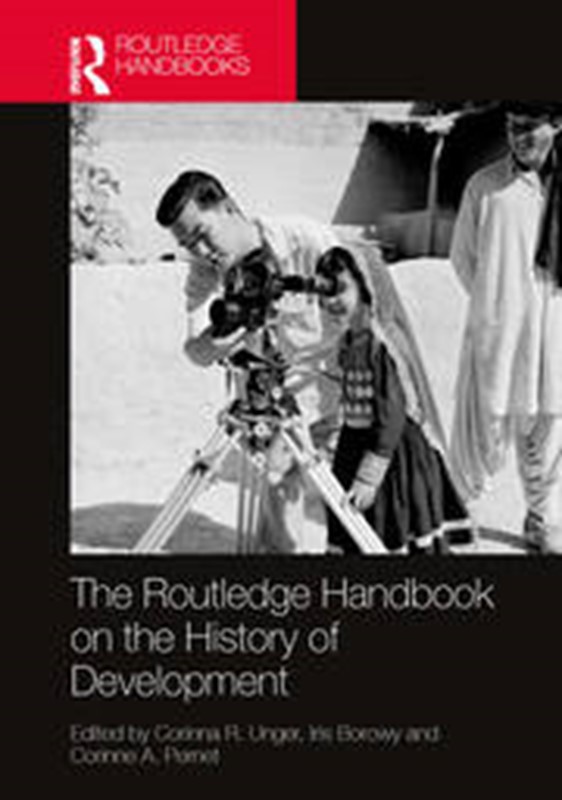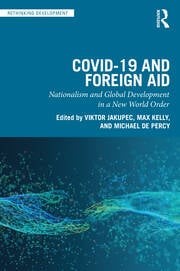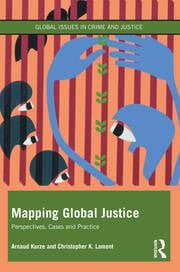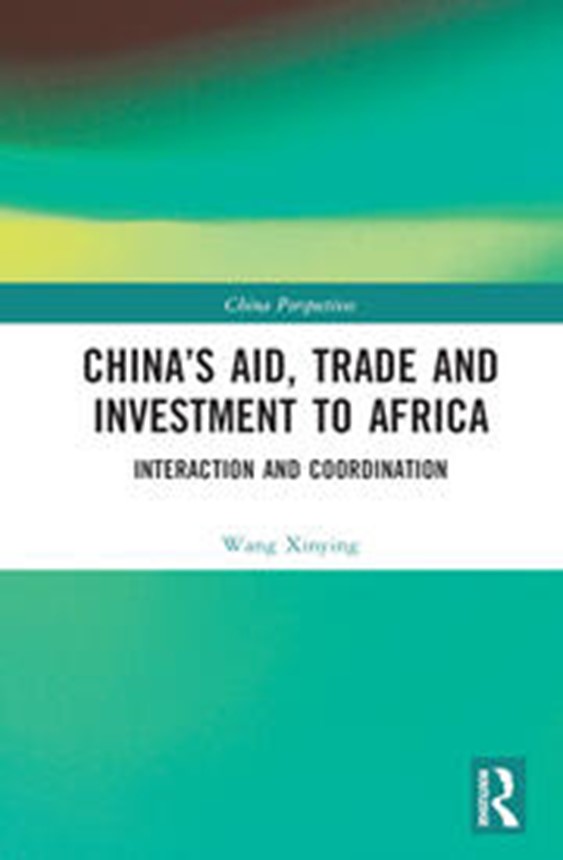Routledge latest publications – December news
Routledge is the world’s largest publisher of Global Development books, and you can browse their full collection of development titles here. Lecturers can get free inspection copies of all our teaching materials. Look out for the open padlock icon on the front cover to find their Open Access content. Interested in publishing with Routledge ? Contact their Global Development editor Helena Hurd.
We’ve chosen some of their most recent books to profile below, but you can also download the latest development book listings as a PDF.
The Routledge Handbook on the History of Development
Edited by Corinna R. Unger, Iris Borowy, Corinne A. Pernet
This bold and ambitious handbook is the first systematic overview of the history of development ideas, themes, and actors in the twentieth century. Taking stock of the field, the book reflects on blind spots, points out avenues for future research, and brings together a greater plurality of regions, actors, and approaches than other publications on the subject. Bringing together a range of voices from across the globe, this book will be perfect for advanced students and researchers of international development history.
COVID-19 and Foreign Aid: Nationalism and Global Development in a New World Order
Edited by Viktor Jakupec, Max Kelly, Michael de Percy
“Financial crises, pandemics, climate change, the growing risk of a nuclear conflagration, the growing assertiveness of China and Russia, and the new Cold War are accelerating the decline of the West’s confidence on the world stage. This will see traditional foreign aid and the model of global development that characterised the past 70 years disappear. To understand how this is happening, and how the foreign aid-global development nexus will unfold in coming years, this book is indispensable reading.” – Prof. Dr. Wim Naudé, University College Cork, Ireland
Mapping Global Justice: Perspectives, Cases and Practice
By Arnaud Kurze, Christopher K. Lamont
“Hugely topical and timely. This far ranging book on global justice engages all of the leading contemporary debates from war and peace to climate change and economic development. It is an essential companion for academic and general audiences alike.” – Ruti Teitel, Ernst C Stiefel Professor of Comparative Law, New York Law School
Leadership for Disaster Resilience: Lessons from India
By Jacquleen Joseph, Suchita Awasthi, Zubin R. Mulla
This book comprehensively conceptualises disaster resilience leadership within the macro context of a risk society. Leadership for disaster resilience has gained prominence in the face of global environmental change, and the need for collaboration, integration, and synergy in addressing this crisis is starker than ever. Drawing on case studies from across India, the volume focuses on leaderships of individuals, bureaucratic and political actors, civil society actors, and institutions.
China’s Aid, Trade and Investment to Africa: Interaction and Coordination
Edited by Wang Xinying
Adopting perspectives from development economics and international relations, this book researches the ongoing cooperation between China and African countries and the interactive system of China’s aid, trade and investment to and with Africa.
This book will appeal to researchers, students and policy makers interested in Chinese politics and foreign policy, African politics, international relations, international diplomacy and the world economy.





